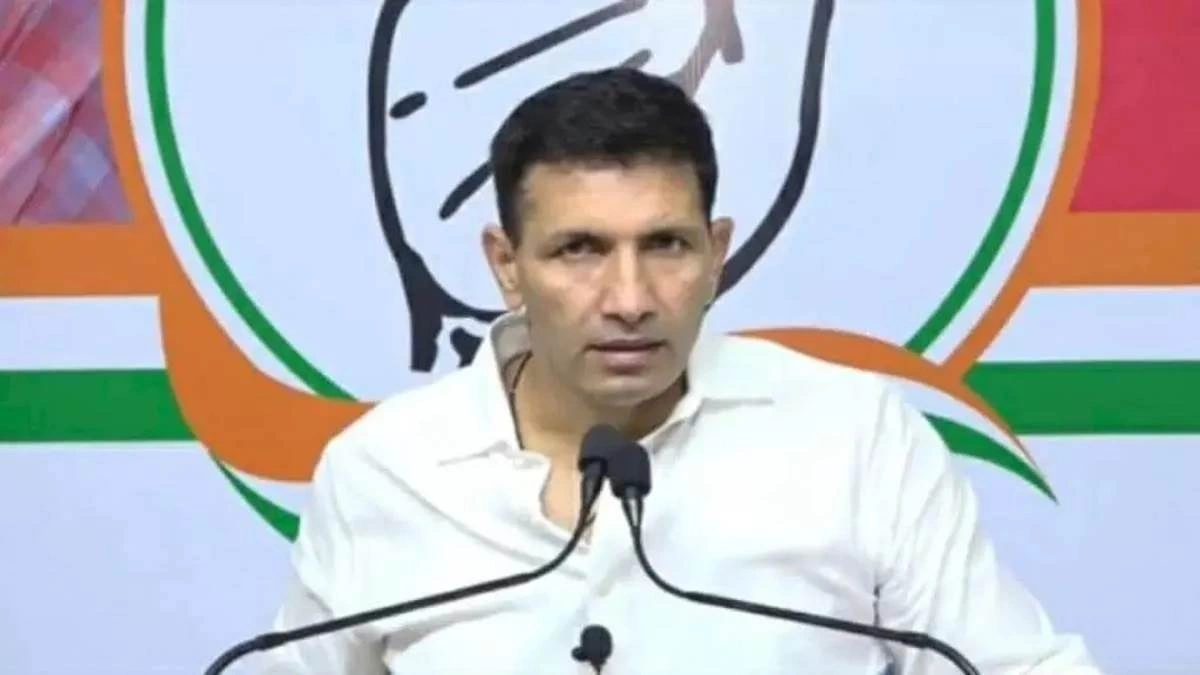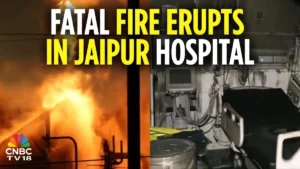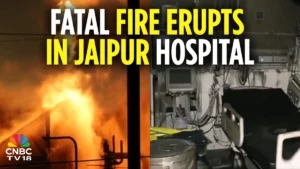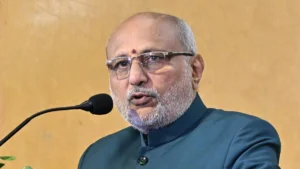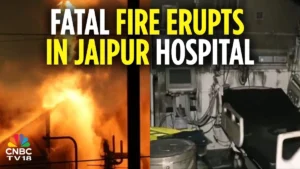CAPF Deployed Extensively for Bihar Assembly Elections
The Bihar Assembly Elections aren’t just about political parties and manifestos; they’re about ensuring that every eligible voter can exercise their right safely and fairly. And that’s where the Central Armed Police Forces (CAPF) come in. But here’s the thing: their extensive deployment raises some fascinating questions. Why this level of security? What does it mean for the election dynamics? And what hidden stories do these deployments tell about the state of affairs in Bihar?
The “Why” | Unpacking the Security Blanket
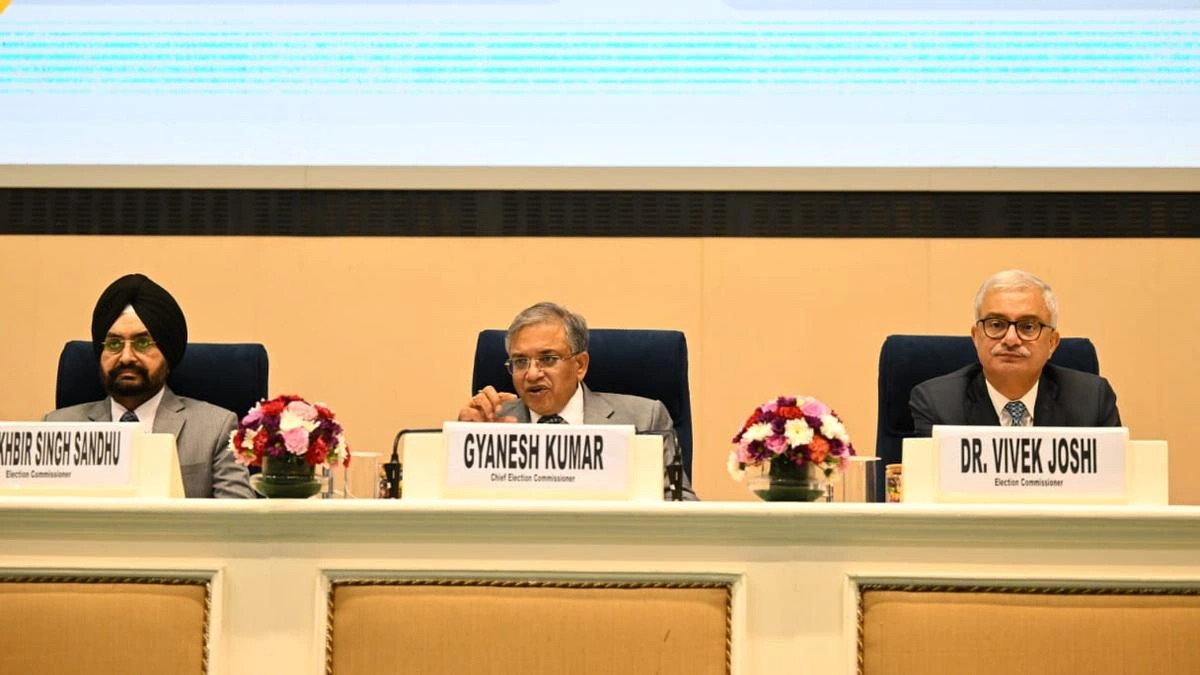
Let’s be honest, the sheer scale of CAPF deployment during the Bihar Assembly Elections often gets lost in the noise of political debates. But it’s worth pausing and asking: why so many personnel? Are we simply talking about routine election security, or is there more to it? The answer, as always, is layered. For one, Bihar has historically been prone to electoral violence. Past electionshave seen clashes, booth capturing, and intimidation tactics aimed at swaying voters. CAPF deployment is, in part, a response to this history – a proactive measure to deter potential troublemakers and ensure a level playing field.
But there’s another, more subtle reason. The presence of CAPF boosts voter confidence. Imagine being a first-time voter, or a member of a marginalized community, apprehensive about casting your ballot. Seeing uniformed personnel – perceived as neutral and impartial – can be incredibly reassuring. It sends a message that the authorities are committed to protecting your right to vote, regardless of your background or political affiliation. This is particularly crucial in areas where social tensions run high.
Behind the Numbers | What the CAPF Deployment Actually Means
It’s easy to see the headlines – ‘X number of CAPF companies deployed’ – but what does that actually mean on the ground? Each company typically consists of around 100 personnel. That’s a substantial force multiplier when spread across polling booths, sensitive areas, and transportation routes. Their responsibilities are varied. They conduct area domination exercises, which means patrolling to establish a sense of security. They guard polling booths, preventing any attempts at rigging or intimidation. And they provide quick response teams to deal with any incidents that might arise.
What fascinates me is the logistical challenge this represents. Think about it: coordinating the movement, accommodation, and operations of thousands of personnel across a state as vast and diverse as Bihar is no small feat. It requires meticulous planning, seamless communication, and a deep understanding of the local terrain and social dynamics. The Election Commission, in coordination with state authorities, spends months fine-tuning these arrangements.
The CAPF & The Dynamics of Free and Fair Elections
The deployment of the Central Armed Police Forces (CAPF) during the Bihar Assembly Elections has implications for the overall electoral landscape. While their presence aims to ensure law and order, several nuances deserve attention. CAPF personnel help prevent booth capturing, voter intimidation, and other malpractices that can distort election outcomes. According to data from previous elections, areas with higher CAPF deployment often see a reduction in reported incidents of electoral violence. The Election Commission of India (ECI) closely monitors the situation and makes adjustments to CAPF deployment based on real-time assessments. This adaptability is crucial in responding to evolving security challenges and maintaining a level playing field for all candidates. One consideration is maintaining neutrality. CAPF personnel are trained to remain impartial and not interfere in the electoral process beyond their security mandate. Clear guidelines are established to prevent any actions that could be perceived as favoring one party over another. Transparency in deployment and operations is also vital. The ECI works to keep the public informed about the purpose and scope of CAPF activities, reducing the potential for misinformation or mistrust. Ensuring free and fair elections requires a multi-faceted approach. CAPF deployment is a key component of this effort, helping to create an environment where citizens can exercise their democratic rights without fear.
But, security measureslike CAPF deployment may inadvertently suppress voter turnout among certain populations. For instance, heavy security presence in areas with pre-existing social tensions could create an atmosphere of fear and discourage people from voting.
Beyond Security | The Subtle Messages
Let me rephrase that for clarity: the deployment of CAPF isn’t just about preventing violence or maintaining order. It also sends subtle messages to different stakeholders. To political parties, it signals that the Election Commission is serious about enforcing the rules and preventing any attempts at manipulation. To voters, it conveys a sense of reassurance and encourages participation. And to potential troublemakers, it serves as a deterrent.
What fascinates me is how these messages are interpreted differently depending on one’s perspective. A ruling party might see CAPF deployment as a sign of the Election Commission’s commitment to impartiality. An opposition party might view it with suspicion, questioning whether it’s being used to create an uneven playing field. Voters, meanwhile, might react with a mix of relief and apprehension. The key is for the Election Commission to communicate clearly and transparently about the purpose and scope of CAPF deployment, addressing any concerns and building trust.
FAQ on CAPF Deployment in Bihar Elections
Frequently Asked Questions
Why is CAPF deployed during elections?
To ensure free, fair, and peaceful elections by preventing violence, booth capturing, and voter intimidation.
Who decides where CAPF is deployed?
The Election Commission of India (ECI), in consultation with state authorities, based on security assessments.
Are CAPF personnel from Bihar?
No, they are typically from other states to ensure impartiality during the electoral process. Maintaining neutrality is key.
What if I see CAPF personnel acting inappropriately?
Report it immediately to the Election Commission or local election authorities. There are mechanisms in place to address any complaints.
How does CAPF deployment affect voter turnout?
It aims to increase voter turnout by providing a secure environment, but perceptions can vary depending on local context.
In conclusion, the extensive deployment of CAPF during the Bihar Assembly Elections isn’t just a logistical exercise; it’s a reflection of the complex interplay between security, politics, and social dynamics. It’s a reminder that ensuring free and fair elections requires constant vigilance, proactive measures, and a commitment to upholding the democratic process. And while the presence of uniformed personnel might not be the most glamorous aspect of an election, it’s often the unsung hero that allows voters to cast their ballots with confidence. And remember to vote.



